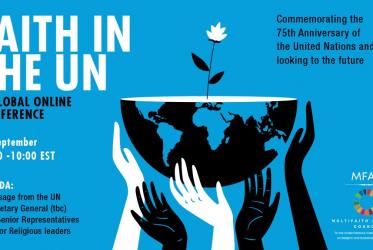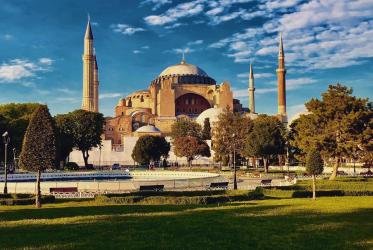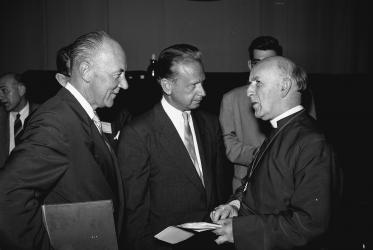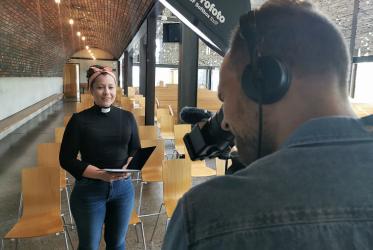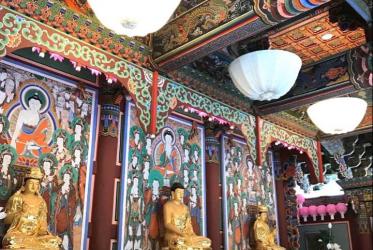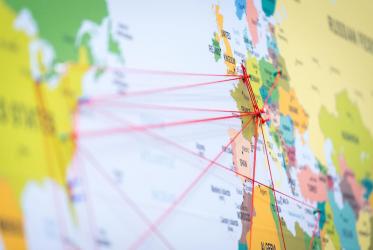Displaying 221 - 240 of 951
“Faith In The UN” – Commemorating the 75th Anniversary of the United Nations
08 September 2020
online
Bossey students testimony
26 June 2020
Vesak Day commemorated at the UN
11 May 2020
